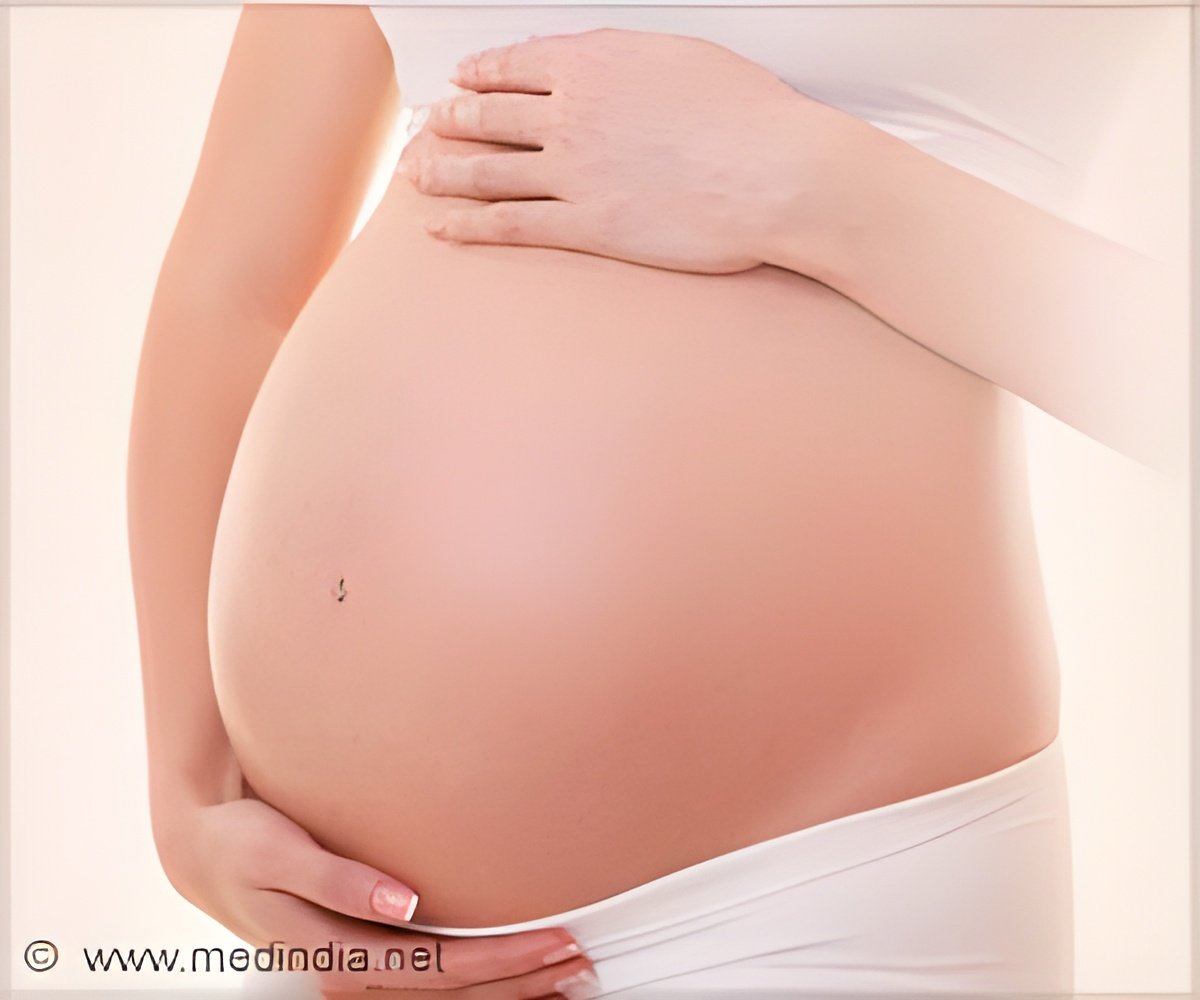Novel artificial mini-placentas could provide a window into early pregnancy and can help tackle reproductive disorders such as miscarriages, stillbirths, and premature births.

‘Researchers grew ‘mini-placentas’ a cellular model of the early stages of the placenta which could provide a window into early pregnancy and help change our understanding of reproductive disorders.’





"These 'mini-placentas' built on decades of research will play an important role in helping us investigate events that happen during the earliest stages of pregnancy and yet have profound consequences for the life-long health of the mother and her offspring," explained Professor Graham Burton from the UK's University of Cambridge. "The placenta supplies all the oxygen and nutrients essential for growth of the fetus, and if it fails to develop properly the pregnancy can sadly end with a low birthweight baby or even a stillbirth," he added.
For the new study, published in the journal Nature, the team grew organoids often referred to as 'mini-organs' using cells from villi -- tiny frond-like structures -- taken from placental tissue.
These trophoblast organoids can survive for long-term, are genetically stable and organize into villous-like structures that secrete essential proteins and hormones that would affect the mother's metabolism during pregnancy.
Further analysis showed that the organoids closely resemble normal first-trimester placentas, that they can record a positive response on an over-the-counter pregnancy test.
Advertisement
The placenta is absolutely essential for supporting the baby as it grows inside the mother. When it doesn't function properly, it can result in serious problems, from pre-eclampsia to miscarriage, with immediate and lifelong consequences for both mother and child.
Advertisement
Source-IANS









